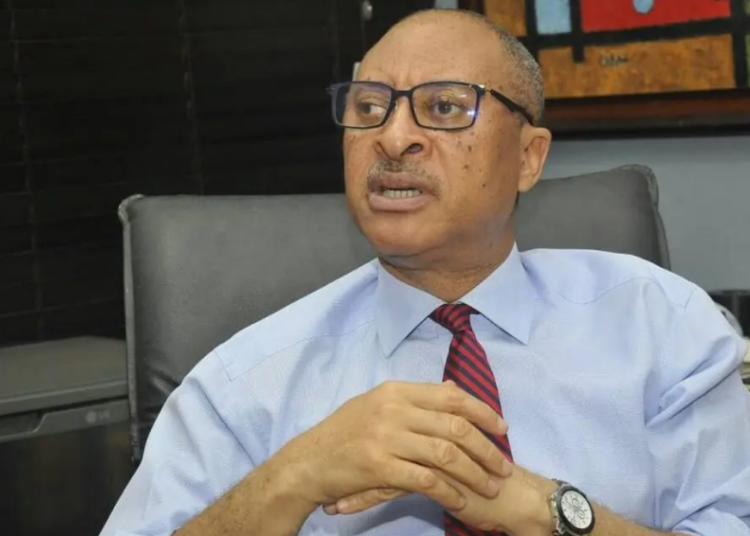Political economist and public intellectual Professor Pat Utomi has reaffirmed the legitimacy and necessity of a Shadow Cabinet, calling it a critical instrument for democratic accountability, policy innovation, and the deepening of democratic values and reform.
Utomi made these remarks during the 4th edition of the Topaz Lecture Series entitled “Shadow Government, A distraction or Necessity,” hosted by the Department of Mass Communication, University of Lagos Class of 1988 Alumni Association.
According to a statement by the secretary of TOPAZ, Mr. Kellas Agbasi, Utomi, who spoke to a virtual audience of media professionals, political thinkers, and civil society actors, explained that the Shadow Government is not a rebellious or parallel state structure, but rather a civic platform designed to stimulate issue-based governance, offer policy alternatives, and strengthen Nigeria’s democratic fabric through open dialogue.
“This is not an attempt to overthrow or undermine the government, but to foster constructive criticism and accountability,” Professor Utomi said. “Shadow cabinets are a recognised democratic practice around the world, and Nigeria must embrace institutions that encourage performance and transparency.”
He added that he pitched the idea to former President Umaru Yar’Adua in 2008 and maintained the cabinet, mainly at his own expense, since then.
It will be recalled that the Shadow Cabinet has sparked public discourse, legal scrutiny, and opposition from the Federal Government, with proponents attributing the call to frustration with the country’s cyclical political dysfunction and lack of ideological leadership.
Utomi traced the conceptual roots of the idea to a lecture he delivered in 2012, which influenced the formation of the All Progressives Congress (APC). However, he lamented that the party veered from its founding vision and became consumed by a power-centric agenda.
During the lecture, Utomi fielded questions about the legality of using the term “shadow cabinet,”stating that if the suit by the State Security Service (DSS) were to succeed, the group would adopt a different name.
He said he did not think that the existence of a Shadow Cabinet was more objectionable than the call by NADECO, of which President Bola Ahmed Tinubu was a member, to form a government in exile.
The professor who is currently out of the country stated that “Our commitment is not to nomenclature, but to values. Nigeria urgently needs a space where policies are debated and where the government is constructively challenged to do better.”
Utomi warned of the dangers of anti-intellectualism and elite complacency in Nigeria’s political class, cautioning that failure to reform governance structures could result in a crisis similar to Somalia’s collapse.
He stressed that only strong institutions and active citizen participation can safeguard Nigeria’s future.
Other highlights of the lecture included the question-and-answer segment, during which the Class of 1988 expressed gratitude to Professor Utomi for his continued service to the nation and his role as a conscience for civic governance.
The Lecture Series serves as an intellectual platform for Nigerian alums and professionals to interrogate pressing national issues, promote civic values, and inspire transformative leadership.





